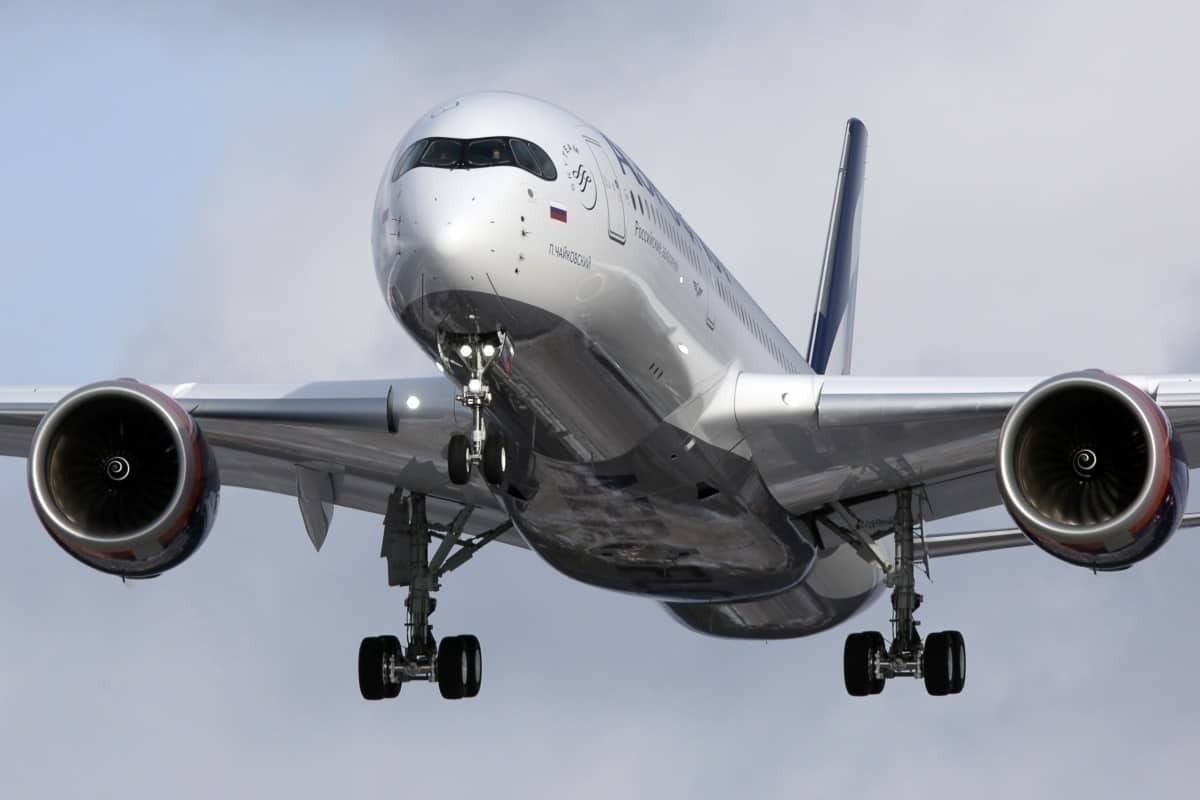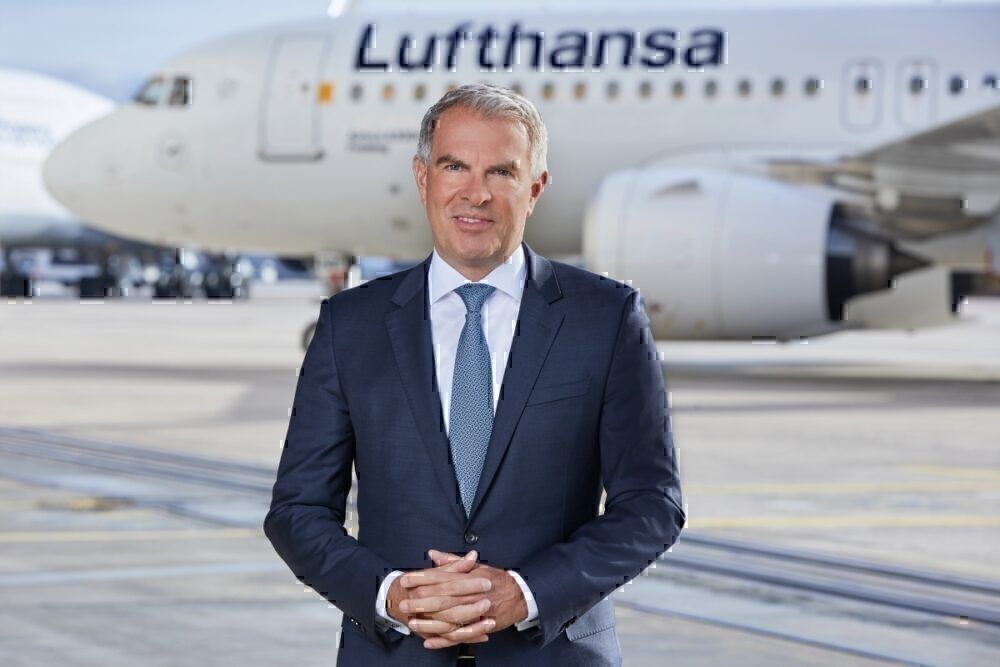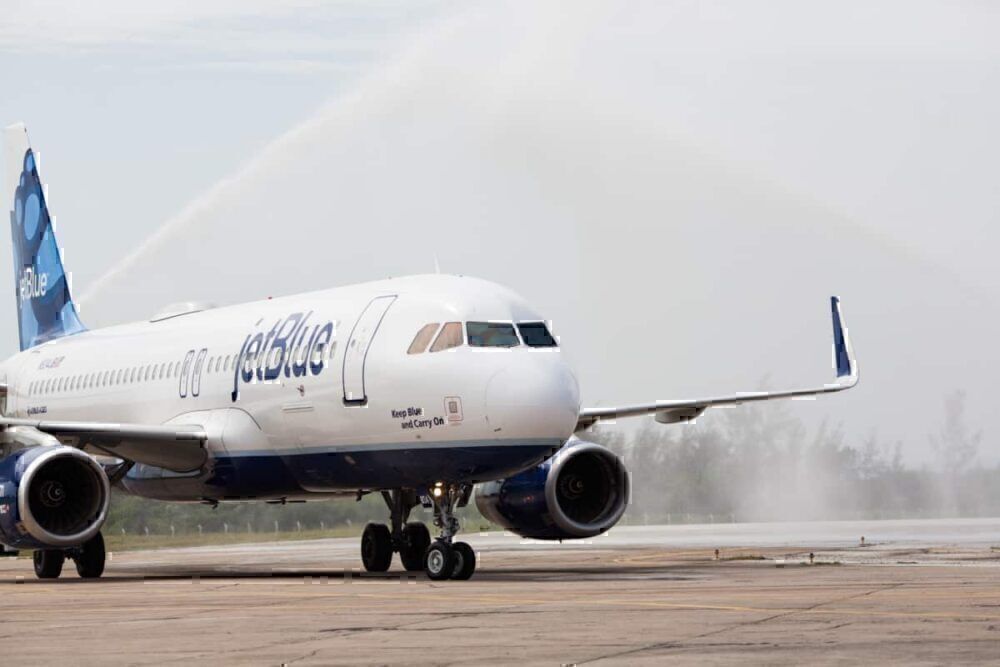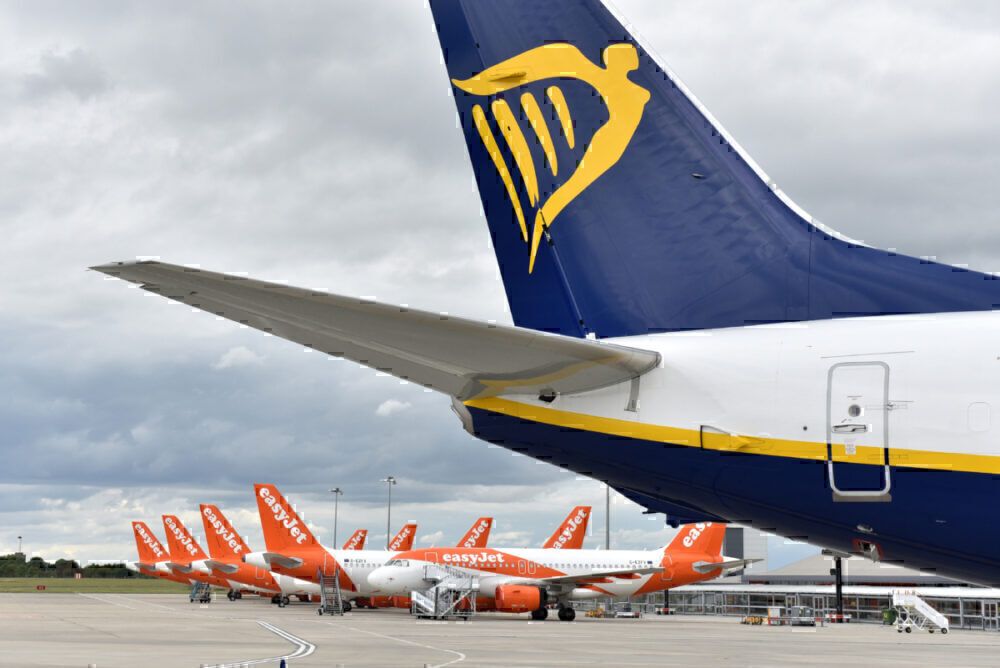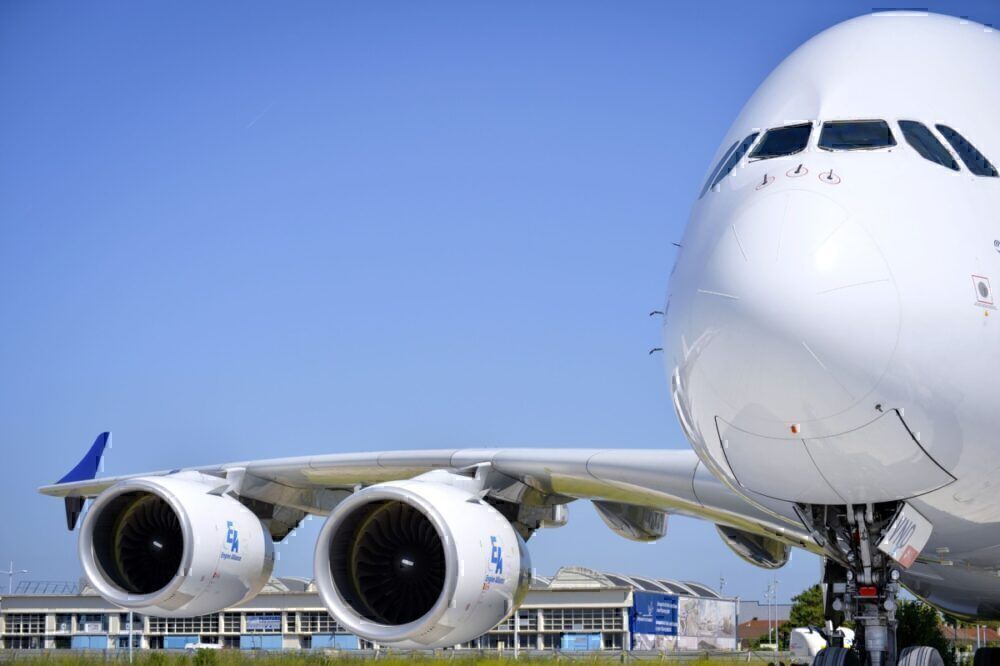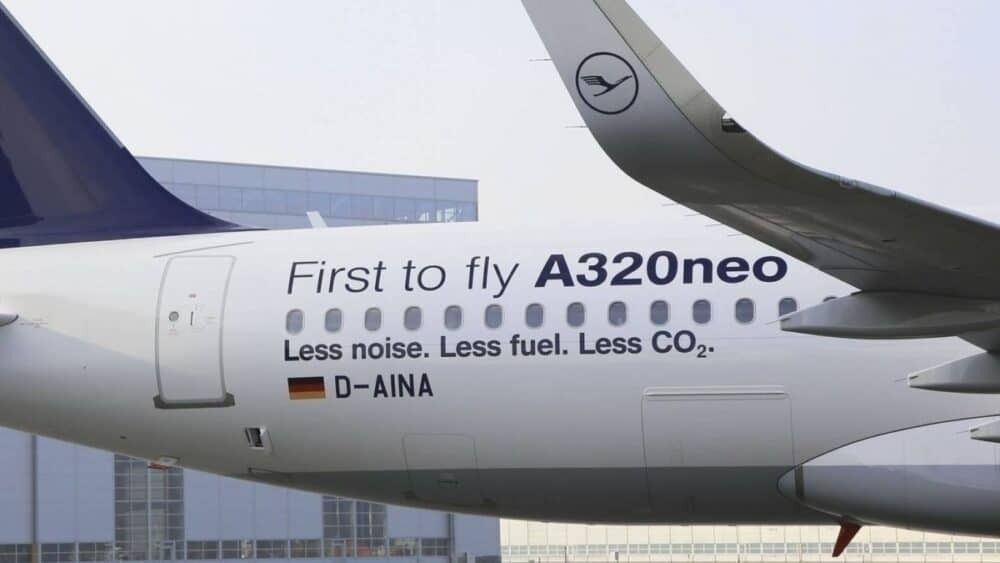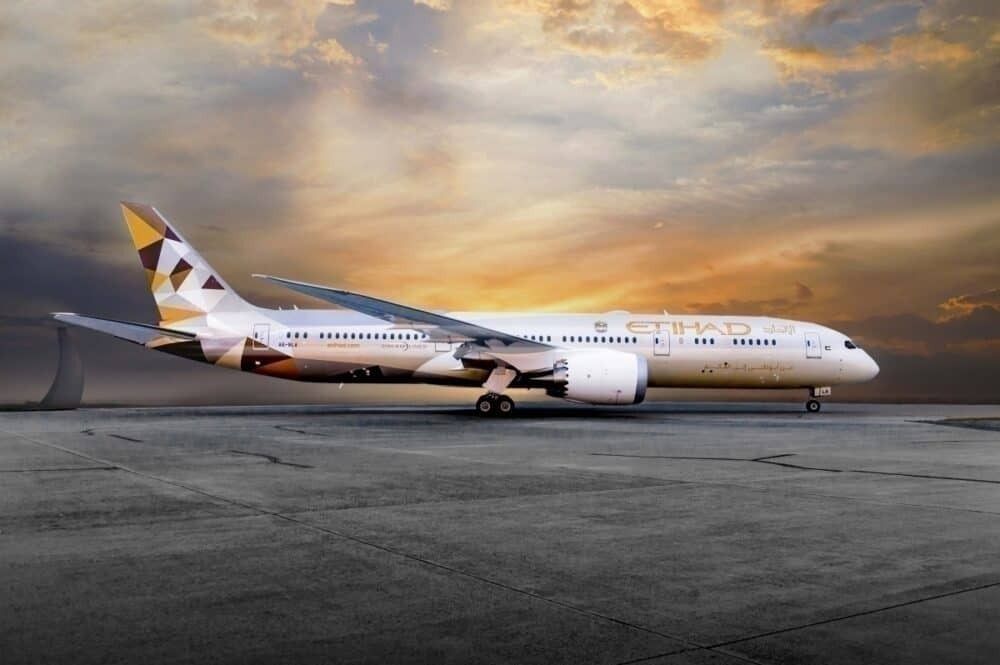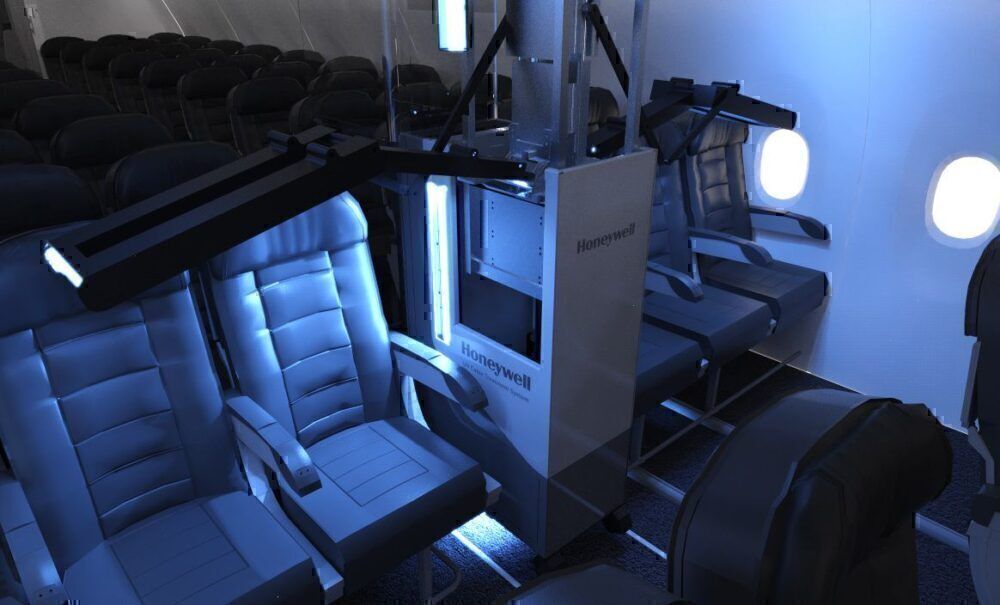One of the most often heard phrases in the aviation industry right now is ‘never waste a crisis’. Out of disaster often comes something good, and the optimists are always looking for the silver lining. While nothing has disrupted aviation quite so much as COVID, could there still be hidden benefits to aviation in the long run?
Speaking at the World Aviation Festival last week, Lufthansa CEO Carsten Spohr commented that some good could come out of the crisis that is COVID. He said,
“I think there are a few elements of making this a better industry through COVID, even though, let's be honest, we would have never chosen this because of the terrible crisis it has caused.”
So what are the silver linings for aviation, and what good could we see coming out of this unprecedented crisis?
Stay informed: Sign up for our daily aviation news digest.
Spurring European consolidation
While in the US, aviation has largely been consolidated to a handful of major carriers, over in Europe, it’s a very different story. The general consensus is that there is still a lot of oversupply in the market, and that it has been ripe for consolidation for some time.
None has been quite so outspoken about the need to refocus the European market than CEO of Lufthansa, Carsten Spohr. At last week’s World Aviation Festival, he said,
“I see way too many players in Europe, and I'm sure that some of these will not survive this unique crisis, or whatever comes after. Consolidation is on the road in this industry as a mega trend.”
His opinion was backed by that of KLM’s CEO Pieter Elbers. A front runner in terms of European consolidation since its merger with Air France, KLM’s boss still thinks there is room for improvement. He said,
“Every big crisis in the industry so far as led to further consolidation. So, my view here would be yes, it would - COVID would lead to further consolidation in the industry.”
While the outcome of consolidation in Europe would not be immediately good, particularly for workers who could face a loss of their jobs, in the long run, it would make the industry stronger. Fewer airlines pooling their resources and collaborating on forward plans would ensure healthier growth into the future.
Over in the US, however, mass consolidation is an unlikely prospect. JetBlue COO Joanna Geraghty said that she didn’t see it as being feasible. She said,
“In the United States, we've already gone through so much consolidation. Given how volatile things are right now, it's really difficult to see any further consolidation in the United States.”
A stop to ‘blind growth’
Another element of aviation that Spohr has always been rather outspoken about is the underpricing of services in order to stimulate demand. It’s a key strategy of low-cost airlines, particularly in Europe, and something the Lufthansa boss has previously called ‘irresponsible’. At the festival, he said he believed the crisis could put an end to this practice, saying,
“Before COVID, I had been fairly critical of the blind growth of our industry over the last few years. It makes perfect sense in places like India or China, but I think in Western Europe, to bring ticket prices down to five or ten euros just to create artificial growth – it’s been a trend that I’ve criticized before. I think COVID has stopped that trend.
“I think we'll be seeing more focused growth, responsible growth and sustainable growth in the future. COVID accelerated that turn to the better.”
While airlines like Ryanair and easyJet would probably beg to differ, an adjustment to more focused growth in markets that actually need the services will serve to make aviation overall far more sustainable.
More efficient airlines
Efficiency is the word of the moment among airlines, as they work to reduce their high fixed costs and to become leaner and more flexible going forward. Spohr commented,
“Successful airlines in Europe were already working on their efficiency. COVID will accelerate and help them become more efficient, more quickly.”
While some parts of efficiency-boosting are highly unwelcome, such as the reduction in numbers of employees, others are long overdue for adoption. Many airlines have accelerated their move to digital, their adoption of biometrics and other modern technologies in response to this crisis.
Of course, when we’re talking efficiency, the fuel efficiency of the physical fleet cannot be ignored. Spohr believes that one of the outcomes of the crisis is that the global fleet, particularly for larger airlines like his own, will be younger and more efficient overall. He said,
“The sheer size of the fleet created a certain delay in getting enough more efficient airplanes on board. While there are restrictions on investment, fleets being re-dimensioned I think could eventually create a higher share of modern aircraft for airlines like us.”
For Lufthansa, it is highly unlikely that the A380 will be making a return to its fleet. The 747-400, while retained for now, is due to be phased out in the coming years. And the majority of its fleet of A340 quadjets have also been removed. This will see the airline coming back with a smaller, younger and more environmentally friendly fleet.
It’s a trend we’ve seen all over the world, as airlines work to phase out older aircraft but don’t’ necessarily press pause on new airplane deliveries. Anything that can help aviation drive down its CO2 emissions has to be a good thing.
Closer cooperation with more key agencies
Frank Meyer, Chief Digital Officer at Etihad, spoke at the World Aviation Festival about the need to collaborate more closely. He noted that one of the biggest problems for passengers right now is the lack of assurance throughout the entirety of their journey. He said,
“The success model of the airlines is that it doesn't matter whether you fly on Etihad or American Airlines, it's pretty much the same thing. Everyone knows what to expect. Right now, nobody knows what's going to happen when they arrive at the airport, when they transit and when they arrive in the country.”
He noted that, in the past, airlines have been very good at collaboration and integration, citing codeshares and interlining as examples of this. This essence of collaboration, Meyer believes, will be even more important to navigate out of the crisis.
“The ability for us to work with health organizations … in my view is a fundamental piece of restoring trust that will make the travelers’ life so much easier. What I see on our radar another level of integration challenges, between airlines, between authorities, and in particular also with certified health organizations.”
Forming new global standards to keep passengers safe and healthy has to be a good thing. With aviation’s roots extending into new areas, such as health and welfare, travel is set to be cleaner and safer than ever before.
A chance to innovate
The impact of COVID has led to a burst of innovation across the aviation sector. From using sniffer dogs to identify infections to UV sanitizing robots on planes, ideas that were in the pipeline before COVID have been accelerated, and new ones developed too.
At one point, it could almost have been seen as an arms race between airlines, between airports and between nations to get the problem of COVID solved. However, KLM CEO Pieter Elbers said he prefers to think of it another way. At the World Aviation Festival, he said,
“I think arms race, by definition, has a negative connotation, because you have better arms in order to defeat your enemy. This is more of a creativity contest. We need to make sure that all the knowledge and experience is being freely shared.”
We’ve already seen a swathe of innovations in testing, sanitization, seating and other aspects of flying that could well serve to enhance the future of the industry. With openness and collaboration around the world, aviation looks set to emerge from COVID a stronger and healthier beast overall.
What do you think? Was COVID the worst thing to ever happen to the industry, or are there hidden benefits that will, in the long run, make aviation stronger?

